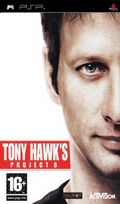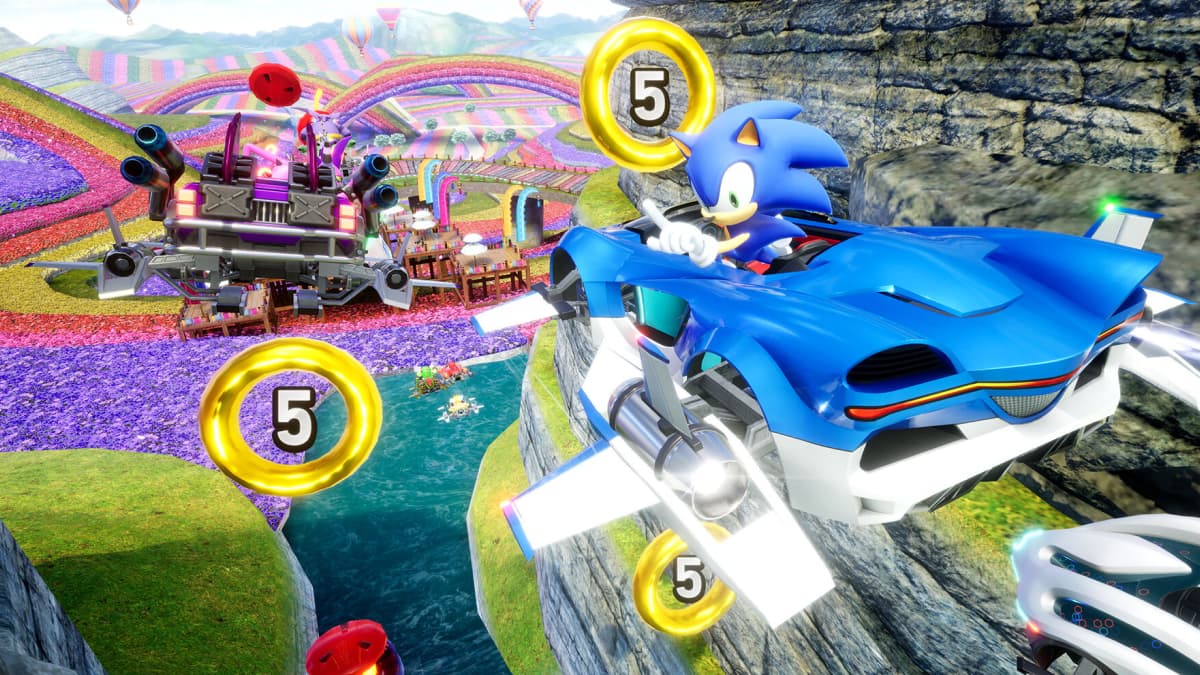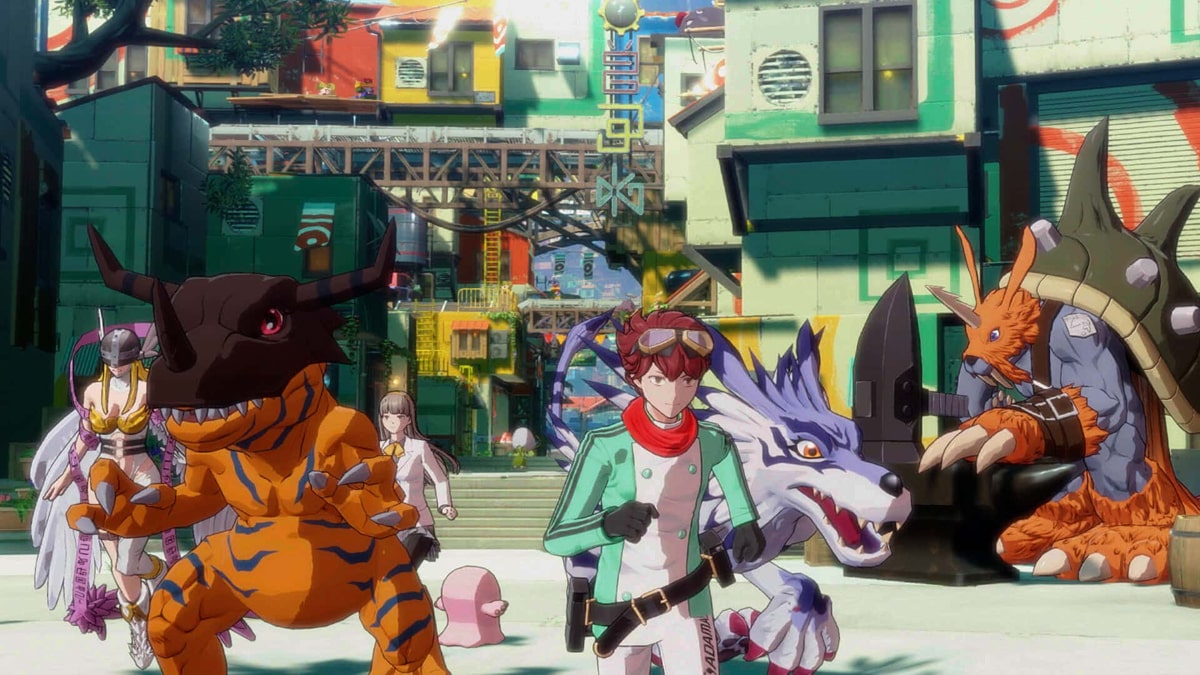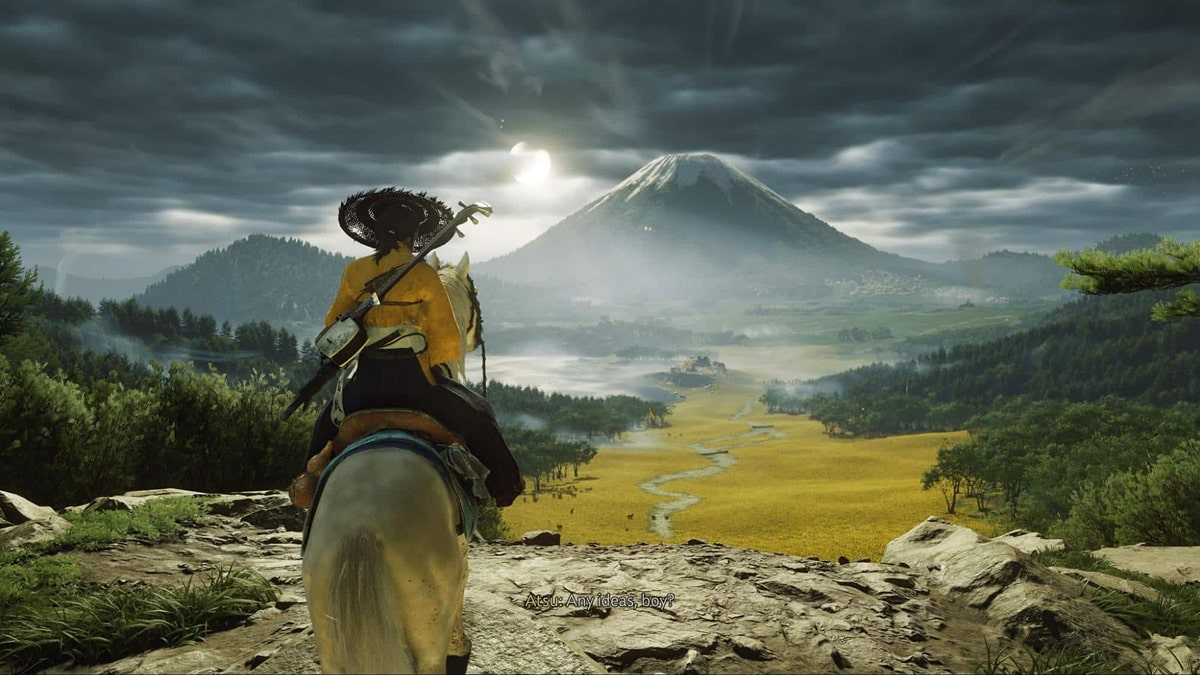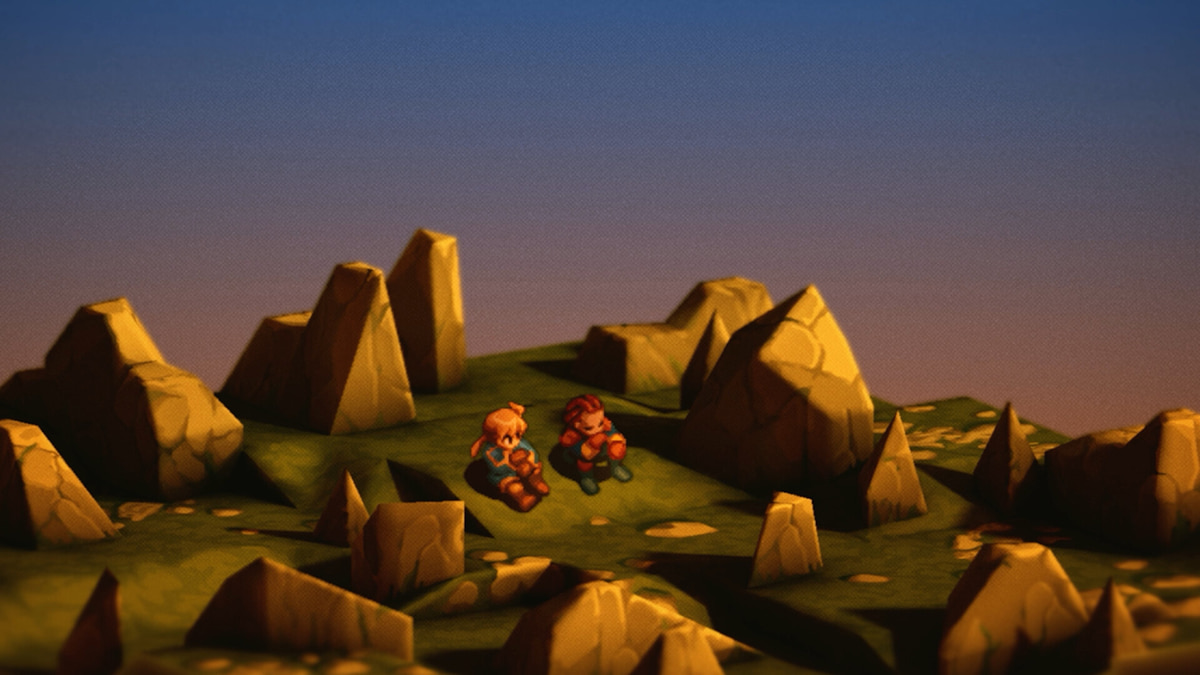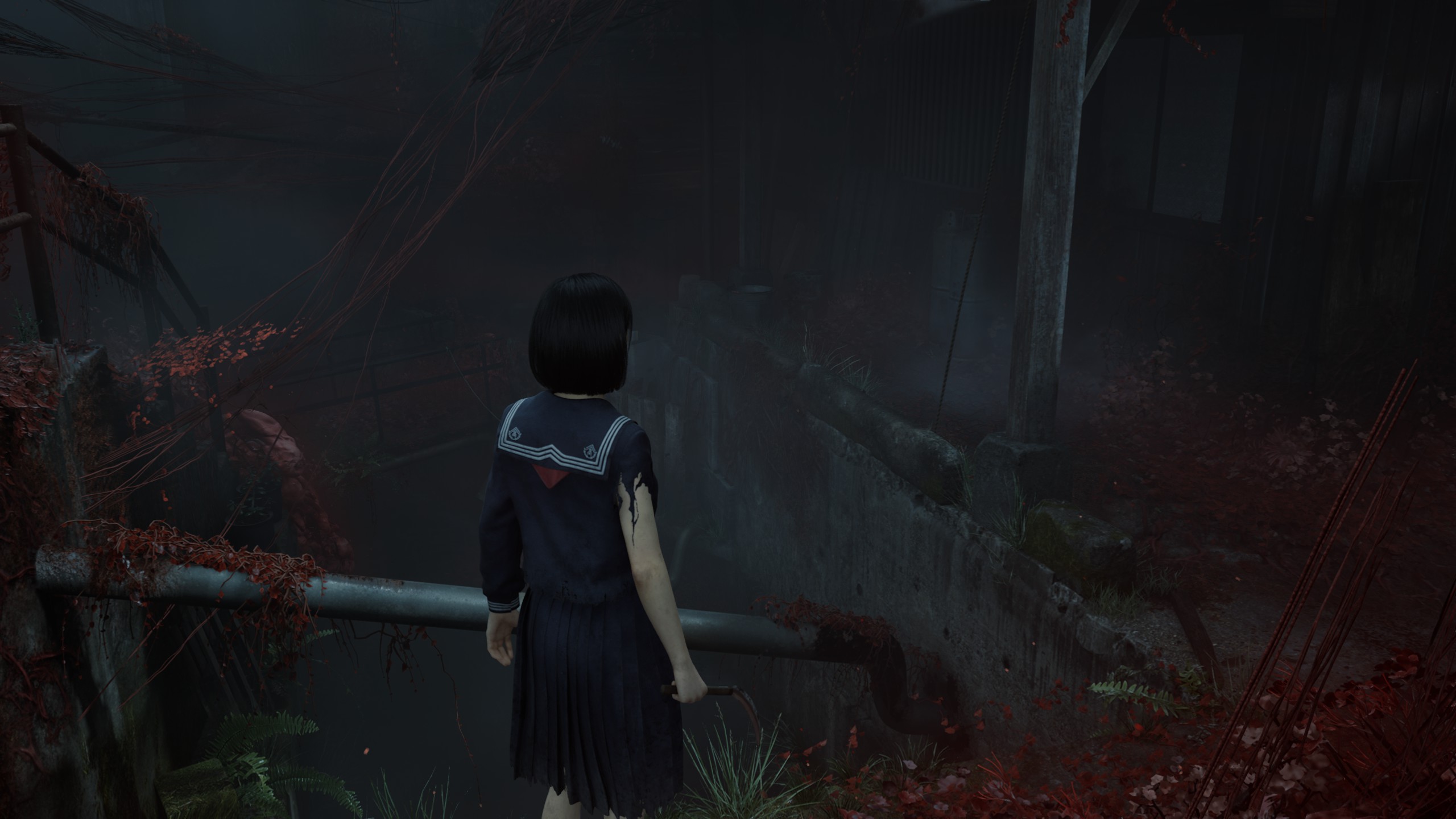You can trust VideoGamer. Our team of gaming experts spend hours testing and reviewing the latest games, to ensure you're reading the most comprehensive guide possible. Rest assured, all imagery and advice is unique and original. Check out how we test and review games here
Tony Hawk has been the unofficial figurehead of skateboarding since the earliest days of the sport’s success. He has invented tricks, competed professionally, run equipment companies and guided the pastime to where it is now.
Yet despite all this, it is almost certainly his signature video game titles that have turned him into a household name. Sadly, what started as a classic gaming series enjoyed in equal measure by skaters and gamers quickly deteriorated, partly thanks to the fad for Jackass influenced tomfoolery, and partly thanks to some misguided attempts at innovation.
Thankfully, when Project 8 arrived on the 360 late in 2006, the series had made a true return to its original form, shifting its focus back to skateboarding and tough technical gameplay, and away from riding shopping trolleys and other pointless novelty devices.
Five months on and the PS3 is finally here, meaning that the Hawk games can return to the format that made them famous. From the outset it is obvious that Project 8 on the PS3 is almost identical to the 360 version. Everything from the menus and cut scenes through to the levels and goals remain unchanged, with subtle graphical differences marking the only real distinction.
Sadly, the PS3 version has come off worse, suffering from longer loading times and occasional frame rate issues. It would be unfair to say to say that this has a major effect on the actual gameplay, but it’s a shame to see the game skip and stumble as you move between level areas on the newest and most muscular of the next-generation consoles.
Putting these performance comparisons aside, Project 8 is a fantastic game on the PS3, and for diehard fans of the series the more symmetrical PlayStation 3 Sixaxis controller is a far better tool for playing the game when it gets tough.
And Project 8 is really tough. Taking the sandbox approach to game design, a basic level gradually opens up and increases in size as you overcome set goals. As more goals appear they can be tackled in any order, and completed to three levels: Am, Pro, and Sick. Am and Pro levels are fairly easy to tackle for the average gamer, but earning Sick grades will stretch the patience and ability of even the best Tony Hawk experts. At the closing stages of the game, Sick ratings seem to demand superhuman levels of concentration and accuracy, but can be overcome with persistence.
Thankfully for the more casual gamer, the game can be completed and opened at Am or Pro level, and Project 8 is huge in size and brimming with things to do long before you have to dedicate whole evenings to completing a couple of two-minute Sick challenges.
As ever, the focus is on learning a huge library of button-combo-based tricks, and the proven control system returns. Hundreds of real world tricks are neatly tucked onto the PS3’s eight button pad in a control scheme that is incredibly instinctive, if not directly related to skateboarding in any way. High scores reward varied tricks chained together, which all too often boils down to linking grind after grind into a huge line that snakes across the level. Thankfully the goals usher you away from this kind of play, and manage to remain diverse and varied despite the huge number on offer.
There are two main developments in control. The first, which was present in the earlier versions of Project 8, is the ‘nail the trick’ function. A quick simultaneous click of both of the analogue sticks in mid-air makes those sticks represent your feet. Deftly moving the sticks flips and rotates your board accordingly, which works far better on the classic PlayStation controller where the analogue sticks are positioned on a horizontal line, rather than on the 360 pad where one stick resides diagonally above the other. Regardless of platform, it is certainly a function that requires some experience of the foot movements of actual skateboarding, and therefore will never be more than a novelty to the gamer who isn’t a sidewalk surfer.
The other addition to the tricks roster, that is clearly exclusive to the PS3, is the Sixaxis motion sensitive control scheme, which can be turned on in the options menu. Tilting the controller left and right can be used to steer and balance, and when in the air, jerking the controller in combination with button presses can be used for flip, grab and grind tricks. Surprisingly, this is actually workable but it not as instinctive and accurate as using the buttons and d-pad alone, giving it no real purpose in the game beyond providing another feature to advertise on the back of the box.
The rest of the game is well designed and cleverly conceived. Each new area of the continually expanding game world offers something different both in terms of terrain and visual style, and long beyond completing the basic career mode there are plenty of hidden gaps and lines to discover. The 360 achievements are absent of course, but as the goals on offer essentially make available the same rewards for success, little is lost.
Though multiplayer is still as good as it used to be, this PS3 version of Project 8 lacks the online play seen in the Xbox 360 release. The standard two-player game modes persist, with the basic Trick Attack providing the best competition, and ‘Graffiti’ levelling the playing field for gamers of differing ability.
The clichéd soundtrack returns, mixing pop-punk, hip hop and some classic rock tunes. Fans of the genres will be delighted by the selection, which seems well informed and of high quality, but if rebellious yells and gangster beats don’t quite do it for you, be warned.
It is great to see a well-loved series return to its best, but occasional NPC glitches, the stuttering frame rate and lack of online play are unforgivable on such a powerhouse of a console. When a near identical game has been available on the 360, minus the faults, for nearly five months there’s only really one version that can be recommended.
Tony Hawk’s Project 8
- Platform(s): PlayStation 2, PlayStation 3, PSP, Xbox, Xbox 360
- Genre(s): Sport
